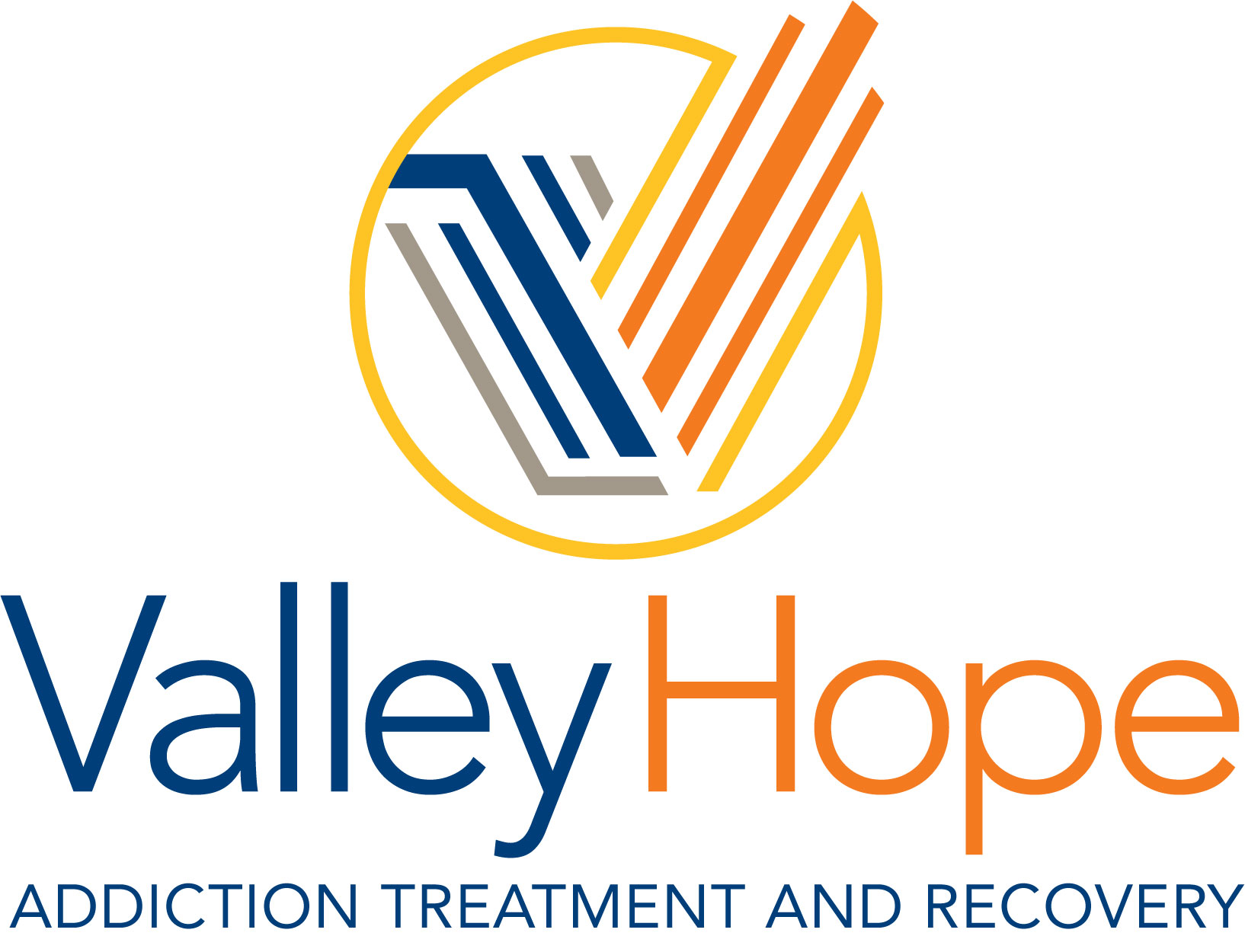Addiction is a chronic, treatable medical condition—not a moral failing or a lack of willpower. Known clinically as Substance Use Disorder (SUD), addiction affects brain function, behavior, and decision-making. But with professional care and lifelong support, recovery is not only possible—it’s achievable and sustainable.
At Valley Hope, we understand that addiction treatment is just as effective as treatment for other chronic diseases like heart disease, asthma, or diabetes. And just like those conditions, early diagnosis and consistent care can dramatically improve quality of life.
If you or someone you love is struggling with addiction, don’t wait. Call Valley Hope today at (800) 544-5101 to speak confidentially with our caring team.
What Causes Addiction?
No single factor causes addiction. Instead, it’s often the result of a combination of influences:
- Brain chemistry that affects reward and decision-making
- Genetic predisposition to substance use
- Environmental exposure to drugs or alcohol, especially at a young age
- Life experiences, including stress and trauma
Addiction thrives in isolation—but recovery thrives in connection. That’s why support from loved ones and community makes such a difference in treatment success.
Addiction Affects the Entire Family
Addiction is often referred to as a family disease, because its impact reaches beyond the individual. Loved ones suffer emotionally, physically, and financially. For healing to occur, treatment must also support the family system. Valley Hope’s Family Care Program is designed to educate, empower and support loved ones throughout the recovery process.
Long-term recovery requires commitment, support, and time. That’s why staying in treatment for an adequate duration is critical.
Recognizing the Signs
How do you know if someone has a substance use problem? According to the American Society of Addiction Medicine, key signs include:
- Inability to stop using substances
- Loss of control over behavior due to intoxication
- Cravings that become stronger and more frequent
- Broken relationships and neglected responsibilities
- Continued use despite harmful consequences
There are also physical and behavioral warning signs that may indicate a developing addiction:
- Changes in appearance and personal hygiene
- Poor concentration, motivation, or performance
- Slurred speech or impaired coordination
- Apathy about damaged relationships or personal loss
- Bloodshot eyes, unusual odors, or changes in weight
If you’re seeing these signs, help is available. Take the first step toward healing. Call us at (800) 544-5101 or fill out our confidential contact form. We’re here for you—day or night.
The Cost of Untreated Addiction
Despite effective treatments, only one in five people who need care for addiction actually receive it. The consequences of leaving addiction untreated are staggering:
- The economic cost of addiction in the U.S. exceeds $276 billion annually.
- Over 20% of U.S. deaths are tied to substance misuse.
- Alcohol is the third-leading cause of preventable death in the country.
- 40% of all hospital beds are used for alcohol-related illnesses.
- Women face unique risks and may develop prescription dependence more rapidly.
The good news? 5 million American adults are in recovery today. They prove that with the right support, recovery is real—and reachable.
Understanding Risk and Prevention
Genetics and environment each play a powerful role. About 40–60% of a person’s risk of developing addiction is genetic. Environmental risk factors include:
- A chaotic or abusive home life
- Parental substance use or permissive attitudes
- Peer pressure and social norms
- Community drug availability
- Academic struggles or disengagement
Early intervention, support networks, and education can all lower risk and open doors to healthier futures.
Break the Stigma. Embrace Recovery.
The biggest barrier to treatment? Stigma. Too many people delay or avoid care out of fear, shame, or misunderstanding. At Valley Hope, we work every day to replace stigma with support and silence with solutions.
You are not alone. Recovery is possible.
Call Valley Hope today at (800) 544-5101 to start your recovery journey or speak to someone who understands. We’re here for you 24/7.











